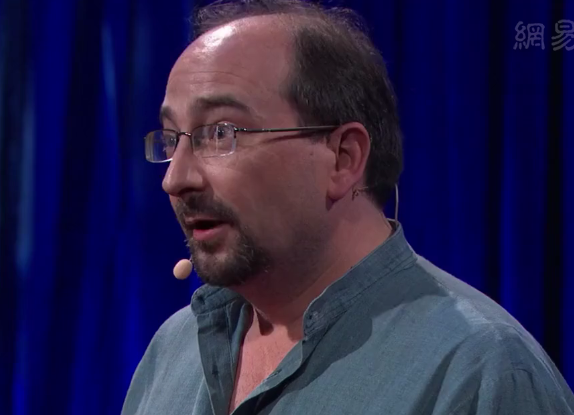Thank you, Michael. Michael, just one question: the Millennium Development Goals established 15 years ago,
谢谢你,Michael。Michael,我就问一个问题:千年发展目标是15年前确立的,
they were kind of applying to every country but it turned out to be really a scorecard for emerging countries.
当时基本上每个国家都选择要实现这个目标,然而它却真的变成了新兴国家的记分牌。
Now the new Global Goals are explicitly universal.
现在新的全球目标很明确地被各国通用。
They ask for every country to show action and to show progress.
它要求所有国家要行动起来,要有所进步。
How can I, as a private citizen, use the report card to create pressure for action?
那么作为一个普通公民,我怎么才能用这个成绩单来监督国家的行动呢?
This is a really important point; it's a big shift in priorities -- it's no longer about poor countries and just poverty.
你提的这点很重要;这次在首要性方面会有很大改变。这不再是仅关乎于贫穷国家和贫穷问题了。

It's about every country. And every country is going to have challenges in getting to the Global Goals.
这关乎于所有国家。而且每个国家要到达全球目标都会面临挑战。
Even, I'm sorry to say, Bruno, Switzerland has got to work to do.
Bruno,甚至很遗憾地说,瑞士也有工作要做。
And so that's why we're going to produce these report cards in 2016 for every country in the world.
这就是为什么我们要在2016年为全世界所有国家都做一个成绩单。
Then we can really see, how are we doing?
这样我们就能真正地看到我们做得怎么样了。
And it's not going to be rich countries scoring straight A's.
而且也不是说能拿到A的就只是富国家。
And that, then, I think, is to provide a point of focus for people to start demanding action and start demanding progress.
于是我认为,我们要把关注点放在人们要开始切实地行动和开始在进步上努力。
Thank you very much.
非常感谢。



